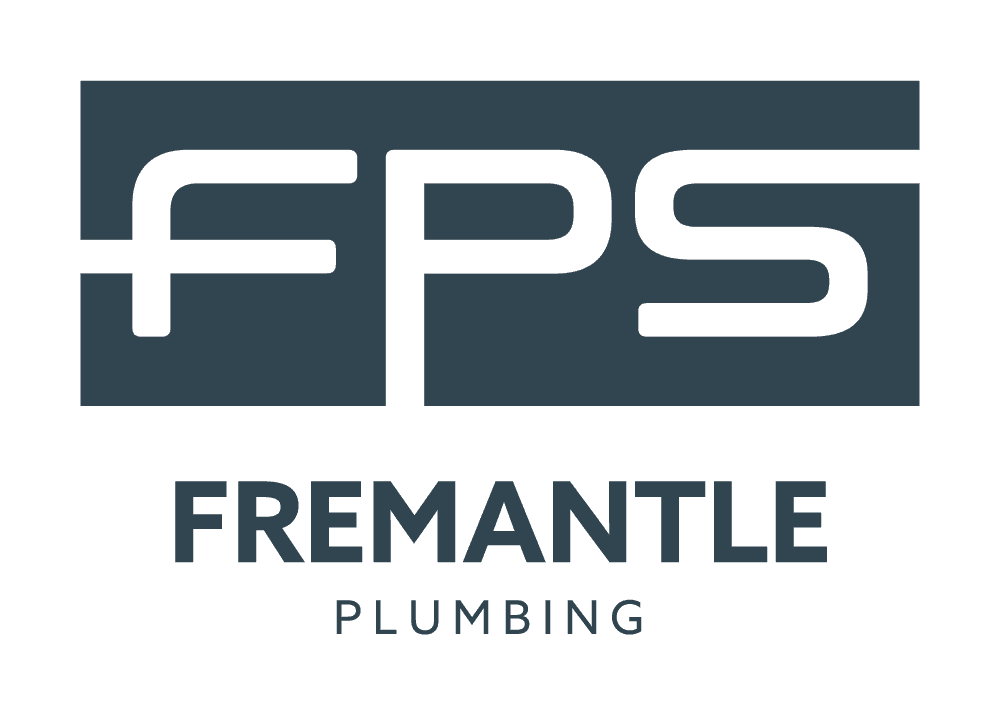Picture it — you’ve found your dream home. It’s within budget, ticks all the boxes, and on the surface, looks perfect. But have you taken a closer look at the house’s plumbing? It may not be the most exciting part of a property inspection but ensuring your new home’s plumbing system is in tip-top shape — and free of blocked drains, corroded pipes, and the like — should be high on the agenda.
As part of your final property inspection, make sure you check the following plumbing systems — not only will it save you a lot of headaches in the future, but as they say in the car market, you don’t want to buy a lemon!
Hot water system
A hot water system’s lifespan depends on whether it’s electric or gas-powered. With proper care, the former should last between eight to twelve years, while the latter has better longevity at fifteen to twenty years. You can typically determine how old the hot water system is by its model number. If you need a hand, feel free to send Fremantle Plumbing an email and we’ll be happy to help.
Ideally, hot water systems should be located outside — if the unit bursts, it means it won’t cause water damage within the home. If it does happen to be inside, make sure you consider its location when planning where to put furniture, rugs, and the like to mitigate as much damage as possible if a leak does appear.
You also want to ensure the system’s plumbing is leak-free from the start; while the system is operating, take note of any leaks at the inlet or outlet valves, and keep an eye out for any corrosion and rust.
Water leaks
There’s nothing more irritating than the sound of a leaky faucet! Although fixing a dripping tap is a simple and relatively inexpensive problem for Fremantle Plumbing to resolve, it’s the last thing you want to deal with after moving into your new house.
Don’t assume your home’s plumbing system is in order if you don’t spot any dribbling faucets; check in the basement, under the sink, and around the toilet and bathtub for any signs of water damage, such as mould, discoloration, wet spots, and dampness. These may be indications of a water leak in the pipes.
If left untreated, water leaks can cause considerable damage to flooring and surrounding structures, so it’s best to investigate anything that looks suspicious.
Pipes
While you’re checking for water leaks in the kitchen, bathroom, and basement, make sure you inspect the condition of the pipes. Watch out for corrosion — although this is a plumbing problem that’s usually found in older, iron pipes, modern pipes constructed from copper or PVC can also rust. Hard water, which contains high levels of calcium and magnesium salts, can cause corrosion, and if pipes run through highly acidic soil, this may also be to blame.
Corroded pipes signify damage, which means they are highly susceptible to bursting — and that’s one plumbing emergency you don’t want to experience while moving into your new home. But if it does occur, rest assured that Fremantle Plumbing provides 24-hour emergency plumbing services to the greater Fremantle area.
Water pressure
Switch on the sink, shower, and bathtub taps, as well as any other faucets in the house, to test the water pressure. According to the Water Corporation, homes should be provided with 20 litres of water per minute; if the pressure feels lower than this, there may be an underlying plumbing issue that requires prompt attention.
Low water pressure can be caused by myriad factors:
- High water demand: If two shower faucets and the dishwasher are running at the same time, chances are, your water supply will start to dwindle under the increased demand.
- Blocked drains: Except for cleaning and shower products, the only things that should make their way down the loo are the three Ps: (toilet) paper, pee, and poo. Wet wipes, sanitary items, tissues, and cotton buds are not water-soluble, and will only clump together and cause serious blockages in your plumbing. In turn, this will cause flow disruptions, which means water pressure will go down.
- Corroded pipes: As we’ve outlined above, corrosion can build up in pipes regardless of age. Although rust sediment can be flushed out, small sections of piping may need to be replaced; in severe cases, new pipes might need to be refitted.
- Faulty pressure regulator: As the name suggests, pressure regulators are plumbing valves that control water pressure, so it flows at a safe, desirable level. While every home may not have one fitted, if the one you’re purchasing does, make sure to check it’s in good shape; the device should be located beneath the home’s front hose connection and set at a pressure between 45 to 60 psi. If it needs to be adjusted, you can gradually turn the screw clockwise to increase your water pressure, or counterclockwise to reduce it.
Better to be safe than sorry
While you may be able to spot some red flags yourself, other problems can be more inconspicuous and require the skilled eye of a residential or commercial plumber in Perth. Before settlement, give Fremantle Plumbing a call to conduct a thorough plumber’s inspection. Our diligent team has the acumen to find any potential plumbing problems and will advise what needs to be fixed before settlement.
After you’ve settled into your new home, we’ll still be there for you. From unclogging a blocked drain to fixing a faulty hot water system, you can rely on the friendly Perth commercial plumbing team at Fremantle Plumbing to help.
